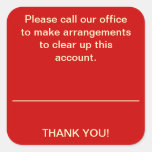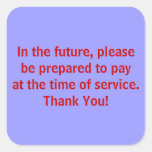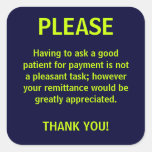Even if your practice is not participating in Meaningful Use, there are many reasons to implement EHR software and start using a patient portal to connect with your patients – the biggest reason being the positive impact these technologies can have on patient care.
Whether or not you are concerned with some of the other purported EHR benefits, namely increased productivity and reduced costs, you should consider adopting electronic charting software for the sake of your patients.
Here are three reasons why many patients are starting to support the adoption of EHRs:
1. They’ve heard all about how EHRs can lead to better care.
Though your patients might not know much about EHR software (in fact, many of them may not even know what it is), those who do have likely heard the same benefits repeated time and time again: EHRs can reduce care costs, increase productivity, and improve overall patient care. They probably don’t know the details about how each of these things can result from EHR use, and maybe they don’t even care. For patients, better care is reason enough to support the adoption of this technology. If your practice doesn’t join the healthcare IT movement, you run the risk of appearing behind the times – not to mention looking like you don’t care about your patients’ health.
2. EHRs allow them to be more involved in their care.
Mobile health applications, medical websites and social media are making it easier for patients to become more active participants in their health. In fact, patients are slowly starting to get more involved in the decisions their doctors take regarding treatment plans, disease management and preventive care – and EHRs help make this possible. If a patient wants to review their doctor’s visit notes from a recent appointment, for example, they can easily request to have them printed out or emailed. EHR-integrated patient portals make accessing this type of data even easier, and many practices are starting to implement this software, both for their own productivity and to engage their patients.
3. EHR technology makes it easier for patients to share their health records with other doctors.
Even if you’re in primary care, chances are you aren’t the only doctor your patients see. Many patients also have a cardiologist, dermatologist, gynecologist or other specialty doctor – and in many cases care can overlap. If you refer a patient with a heart problem to a cardiologist, for example, that doctor is going to want a medical history for that patient. The patient can provide that information themselves, of course, based on what they remember, but the information may or may not be accurate. With EHRs, health records can be shared much more easily than with paper charts, reducing medical errors and duplicate or unnecessary tests.
Medical Practice Supplies
An EHR will also help you with the increasing documentation standards of ICD-10.







No comments:
Post a Comment